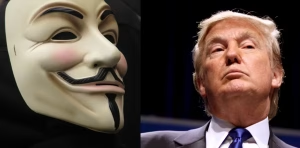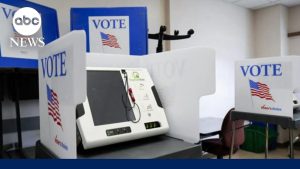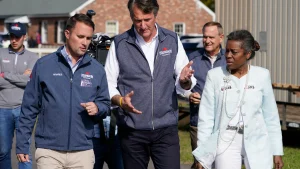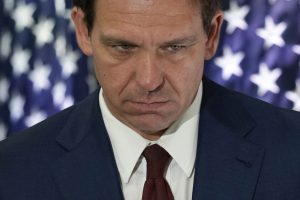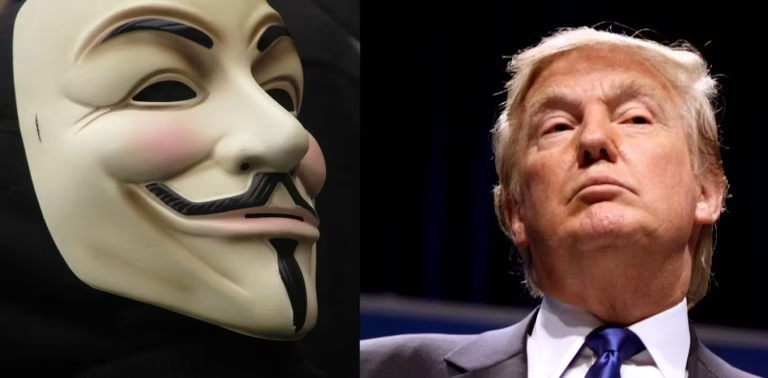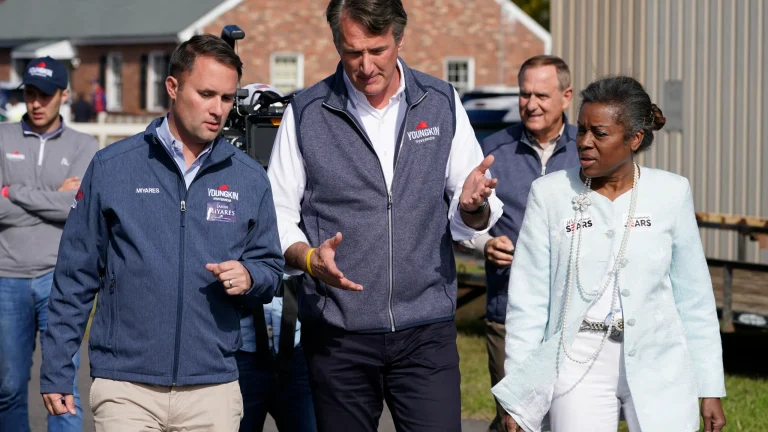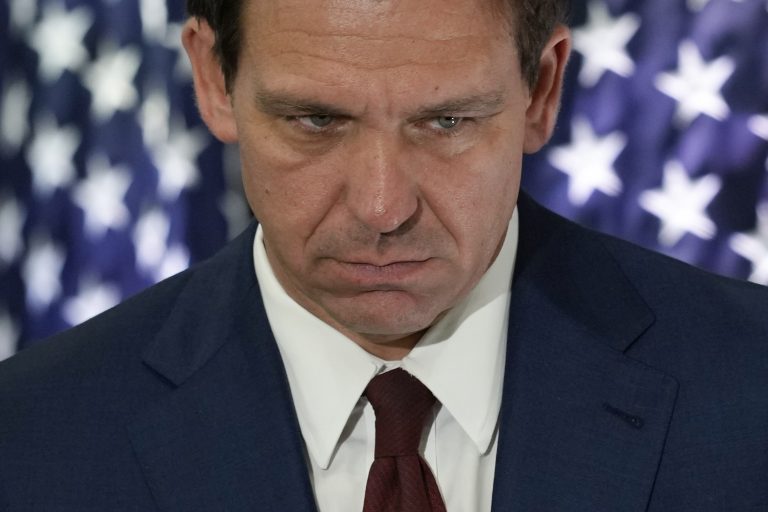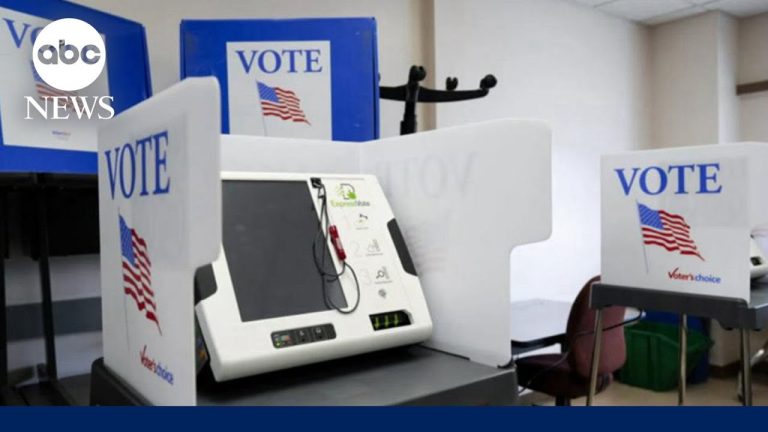-By Lee Fang
May 22, 2012- Late last year, the Montana high court, citing the state’s long history of corporate money corrupting politics, defied the U.S. Supreme Court’s Citizens United decision and continued enforcing the state’s 100-year old law banning corporate involvement in state elections. The Supreme Court has blocked the Montana court’s decision pending on its own determination as to whether to formally hear the case this fall. Allowing a full argument in matter could allow the Court to reconsider the merits of the Citizens United decision, which opened the doors to unlimited corporate and union involvement in American elections.
Now, attorneys for the U.S. Chamber of Commerce, a 100%-corporate funded lobbying group that has used the Citizens United decision to pump tens of millions of undisclosed dollars into federal elections over the last two years, is fighting to maintain the status quo. And they don’t want the justices to consider the evidence that the Citizens United decision, along with prior examples of corporate involvement in campaigns, causes corruption.
At the heart of the issue is whether the Citizens United decision has increased corruption. Justices Stephen Breyer and Ruth Bader Ginsburg, in a statement about the Montana decision, said the court must make clear if “Montana’s experience, and experience elsewhere since this Court’s decision in Citizens United v. Federal Election Commission, make it exceedingly difficult to maintain that independent expenditures by corporations ‘do not give rise to corruption or the appearance of corruption.’”
Interest groups and politicians are lining up to offer briefs to the Supreme Court. Some, like Senators Sheldon Whitehouse (D-RI) and John McCain (R-AZ), have submitted a brief urging the court to overturn Citizens United.
But on the other side of the issue, the U.S. Chamber of Commerce has submitted a brief arguing that unlimited corporate spending in elections should be maintained. The argument? The Chamber says there is “no evidence” that corporate electioneering has given rise to corruption anywhere. Moreover, the Chamber says that if there is “empirical evidence” that states have been corrupted by corporate involvement in campaigns, the court “should not” consider it. Here’s a quote from the Chamber’s brief (which was filed with help from the law firm Wiley Rein):
But even if the Court were inclined to reconsider Citizens United based on empirical data, which it should not, there is no evidence in the record of this case detailing the level of spending on political speech since Citizens United was decided. Pet. 27-28. The Montana Supreme Court only considered evidence of corruption in Montana “during the early twentieth century,” Pet. App. 17a, and, even then, the evidence had nothing to do with independent expenditures, see supra p.11. Moreover, this Montanaspecifi c evidence offers no insight into the effect or scope of corporate speech in the rest of the country. As this Court is aware, a majority of states permitted corporations to speak freely long before Citizens United, yet there was no evidence then (and there is no evidence now) that elections in those states have been corrupted by immense corporate wealth. Citizens United, 130 S. Ct. at 909 (citing Supp. Brief for Chamber of Commerce of the United States of America as Amicus Curiae at 8 -9). In short, this case is not a suitable vehicle for addressing the question that Justice Ginsburg posed in the Stay Order.

